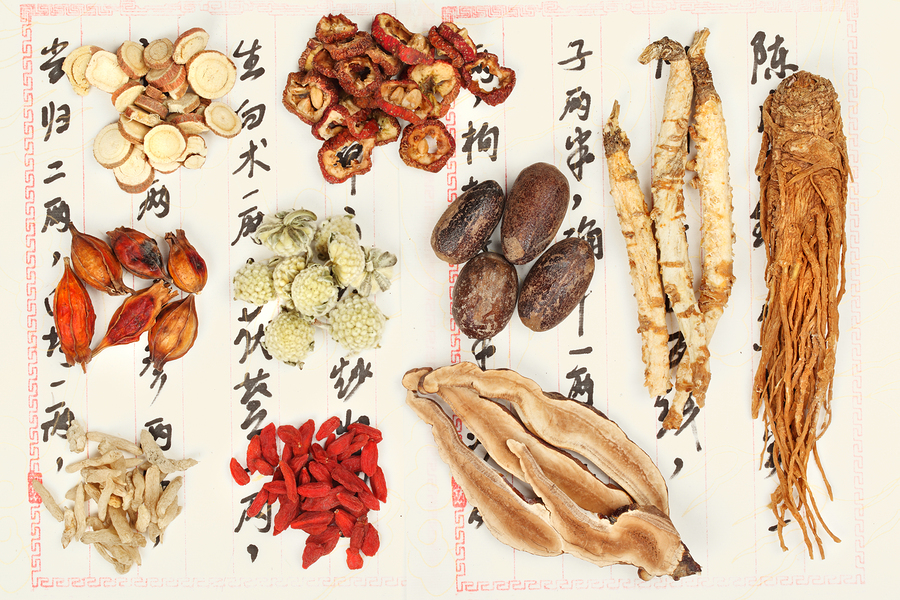
It’s winter time and its very cold outside and you started to have a runny or stuffy nose and soon you’ll start to develop a common cold.
At the same time you remember you once heard that ginger is a good anti-viral herb and you want to use it. However, according to Chinese medicine, different herbs should be used in different stages of disease and according to the energetic condition of disease. Do you what to know more?
First, let’s define virus and bacteria according to Chinese medicine. The ancient Chinese had a great understanding of the processes and changes taking place on Earth. They divided the changes in nature and the seasons into six patterns of weather which they called the six qi.
Through the six qi all the material changes of nature take place. When these six qi are integrated into the nature in a balanced way, humans can adapt to changes in the environment and the chances of developing an external disease are relatively low. On the other hand when the six qi move in an uncontrolled and surprising way and thus create new patterns, the body will have a hard time adapting and diseases can form. When the six qi cause disease they are called the six evils. The six evils are: cold, heat, wind, dryness, dampness and fire (summer heat).
When the change is unexpected and rapid to the body, any of these climatic factors can penetrate into the body and change its own balance.
Common cold is usually caused by virus and appear one to three days after exposure to a cold-causing virus. so according to Chinese medicine, cold sign are attribute to external wind-cold, which include symptoms such as, Runny or stuffy nose, Sneezing, aversion to cold, body aches and usually low-grade fever.
In this type of condition, because the patient describe wind-cold signs we will use warm acrid herbs to produce sweat and warm the body. The acrid taste stimulate the pores of the skin and encourages sweating, therefore can take the pathogen (wind-cold or virus in western science) while the warm temperature helps the body to resist the cold. In this category of herbs you can find fresh ginger root slices, Cinnamon and anise star. In Taiwan, green onion as well is being used with hot water for warming properties.
Some types of virus can cause more severe upper respiratory tract infection which characterize by sore throat, fever, cough, aversion to heat and red eyes and eye’s infections. According to Chinese medicine, this type of common cold type of disease is characterize as wind-heat type and in this condition, we would choose cool acrid herbs to clear the heat and produce sweating. and we can use herbs such as mint, Chrysanthemum flower (ju hua in Chinese)
Note: in early stages of disease, when you just starting to feel slight body aches or a mild headache, early sleep after a hot shower, fasting with only drinking of water, not before you put on all of your warm clothes and wrap your self with few blankets in order to sweat, can make you a new person in the next morning.



